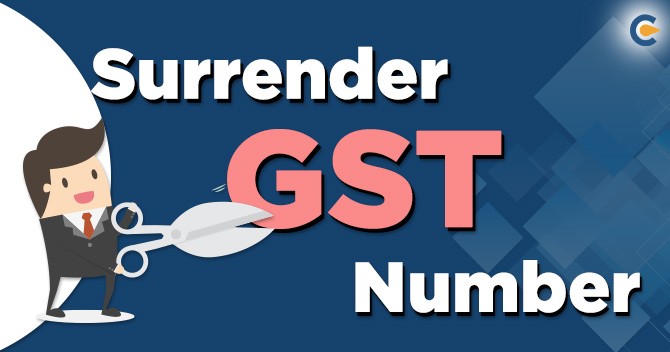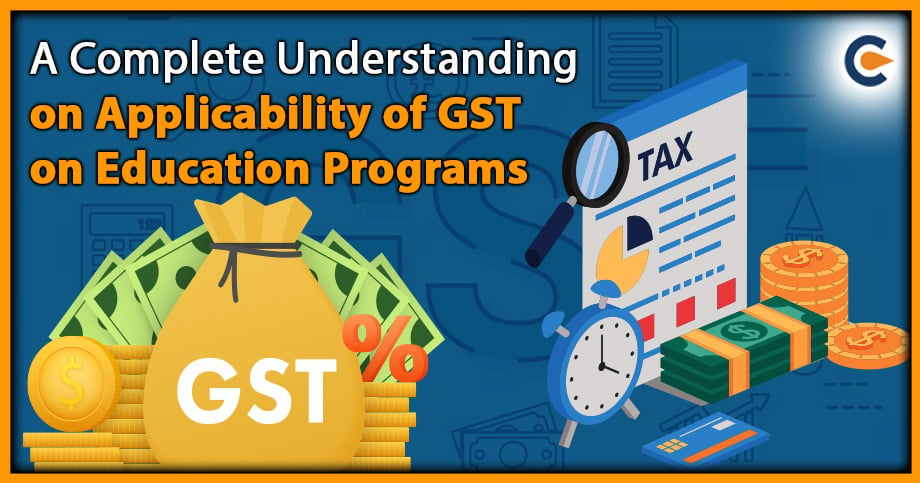The term “small and medium-sized enterprises” (SMEs) refers to companies that are often distinguished by their relatively modest size as well as their limited access to financial resources. Small and medium-sized enterprises (SMEs) are often owned and run by a single individual or a small group of people, and they have a limited number of staff members. They are extremely important to the functioning of the economy because they are responsible for the production of jobs and money as well as the stimulation of economic expansion. As a key source of employment and the nation’s gross domestic product (GDP), SMEs play a significant role in the Indian economy. By supplying the market with goods and services, they create employment opportunities for millions of people and support the nation’s economic expansion. As they frequently introduce new goods, services, and technologies to the market, SMEs are also a significant source of innovation and competitiveness. In this blog, we will discuss the impact of GST on SMEs.
In 2017, India implemented a new indirect tax known as the Goods & Services Tax (GST). It’s an effort to streamline the tax system and boost compliance by replacing a number of indirect taxes. The Goods & Services Tax (GST) is a consumption tax that is calculated based on the value added by each intermediary in the production of a good or service. Mixed results have been seen in terms of the GST impacts on SMEs. On the one hand, the GST has made it simpler for SMEs to comply with tax regulations and has decreased the expense of doing so. The new tax structure, which can be complicated and challenging to understand, has, on the other hand, been tough for some SMEs to adjust to. SMEs have also experienced some cash flow issues as a result of the switch to GST because they are required to pay GST on their inputs before they can receive a refund.
Understanding GST for SMEs – Impact of GST on SMEs
The Central Goods & Services Tax Act[1] (CGST Act) and the relevant State Goods and Services Tax Acts are the pieces of legislation in India that are responsible for enforcing and regulating the Goods and Services Tax (GST) (SGST Act). These laws govern a variety of compliance obligations, including the registration of taxpayers, the collection and payment of taxes, and more.
It is mandatory for businesses with an annual turnover that exceeds a certain threshold (currently 40 lakhs for most states; the threshold is 20 lakhs for the states of Arunachal Pradesh, Mizoram, and Assam). GST Registration is important for SMEs (Small and Medium Enterprises) because it is mandatory for businesses with an annual turnover that exceeds a certain threshold. In addition, registering for GST confers an official recognition of enterprises, contributes to the development of credibility, and makes it easier to claim input tax credits.
The Goods & Services Tax (GST) input tax credit system enables businesses to offset the GST they owe on their outputs by claiming a credit for the GST they have already paid on their inputs (inputs refer to the raw materials, services, and capital goods that are utilized in their business operations) (output refers to the GST charged by the business on the supply of goods and services). This technique serves to decrease the effect of taxes that cascade down through a supply chain and assures that the ultimate consumer is only responsible for paying the GST that was levied by the very last dealer in the chain.
Positive Impact of GST on SMEs
Small and medium-sized businesses (SMEs) in India have benefited from the Goods and Services Tax (GST) implementation in a number of ways. Following are the positive impact of GST on SMEs:
- Promoting a unified market: The Goods and Services Tax (GST) has resulted in the formation of a single market for goods & services across India by replacing a number of different indirect taxes with a single unified tax. This has resulted in the elimination of barriers to trade between states and has made it simpler for small and medium-sized businesses to expand their operations beyond state lines.
- Simplifying tax compliance: GST has made it easier for SMEs to comply with tax laws by lowering the amount of taxes they must pay and by offering an online platform for return filing and tax payment. SMEs now have a less compliance load, which frees them up to concentrate more on running their businesses.
- Boosting competitiveness and growth: GST has made it simpler for SMEs to compete with bigger firms by lowering the tax burden and streamlining the compliance process. This has in turn aided SMEs in expanding their operations and becoming more competitive in the market. SMEs have benefited from the input tax credit system by having lower operating costs, which has increased the competitiveness of their goods and services.
- Increased transparency: The GST system offers a streamlined and transparent tax structure, which limits opportunities for fraud and corruption. This has aided SMEs in operating in a tax climate that is more open and predictable, encouraging fair competition and boosting market trust.
- Improved cash flow: The input tax credit mechanism that the GST system offers enables SMEs to lower their tax obligations and enhance their cash flow. Because of this, SMEs have been able to increase their revenue and reinvest their savings in their operations.
Negative Impact of GST on SMEs
The implementation of the Goods & Services Tax (GST) in India had a variety of unfavourable effects on small and medium-sized enterprises (SMEs) in the country. Following are some negative impact of GST on SMEs:
- High Compliance Costs: For Small and Medium Enterprises (SMEs), the Goods and Services Tax (GST) rollout has resulted in significant compliance expenses (SMEs). It might take time and money for SMEs to register for GST, file monthly/quarterly returns, and keep records in accordance with the GST laws. SMEs are financially burdened as a result, which hampers their ability to compete.
- Difficulty in Adapting to GST Processes: SMEs frequently struggle to adjust to the new GST systems and processes. This is because using the GST system effectively requires knowledge and technical expertise that is lacking, which can lead to mistakes and non-compliance. Furthermore, SMEs find it challenging to keep up with the GST legislation’s ongoing revisions and upgrades, which adds to the confusion and complexity.
- Competition with Larger Businesses: Since larger companies have the resources and know-how to readily comply with the GST laws, the GST system has created an unfair playing field for SMEs. SME competitiveness and profitability may suffer as a result of market share losses and increasing competition.
- Increased administrative burden: Small and medium-sized businesses are often obliged to keep detailed records and file regular returns, which can result in an increased weight of administrative work.
- Difficulty in claiming input tax credits: When trying to claim input tax credits, small and medium-sized businesses may run into obstacles, which may lead to an increased financial burden.
Conclusion
SMEs have experienced both positive and negative effects as a result of the Goods & Services Tax (GST) adoption (SMEs). On the one hand, the GST has simplified the tax code, making it simpler for SMEs to conduct business between states. On the other hand, SMEs have faced difficulties due to high compliance costs, difficulty adjusting to the GST processes, and competition with larger companies.
The GST system has resulted in an increased administrative burden, greater compliance costs, complex and continuously changing regulations, difficulty claiming input tax credits, an unequal playing field, the possibility of conflicts and legal issues, and lower profitability and growth potential for SMEs.
Despite these challenges, businesses of all sizes would be foolish to ignore the GST system’s importance to their development and expansion. Small and medium-sized enterprises (SMEs) are able to better compete with their bigger counterparts thanks to the GST system’s contribution toward creating a fair playing field for all companies. In addition, the GST system contributes to more openness and responsibility in the commercial sector, which is good for business.
Read our Article:What Are The Positive And Negative Factors Of The Implication Of GST Under MSMEs?











